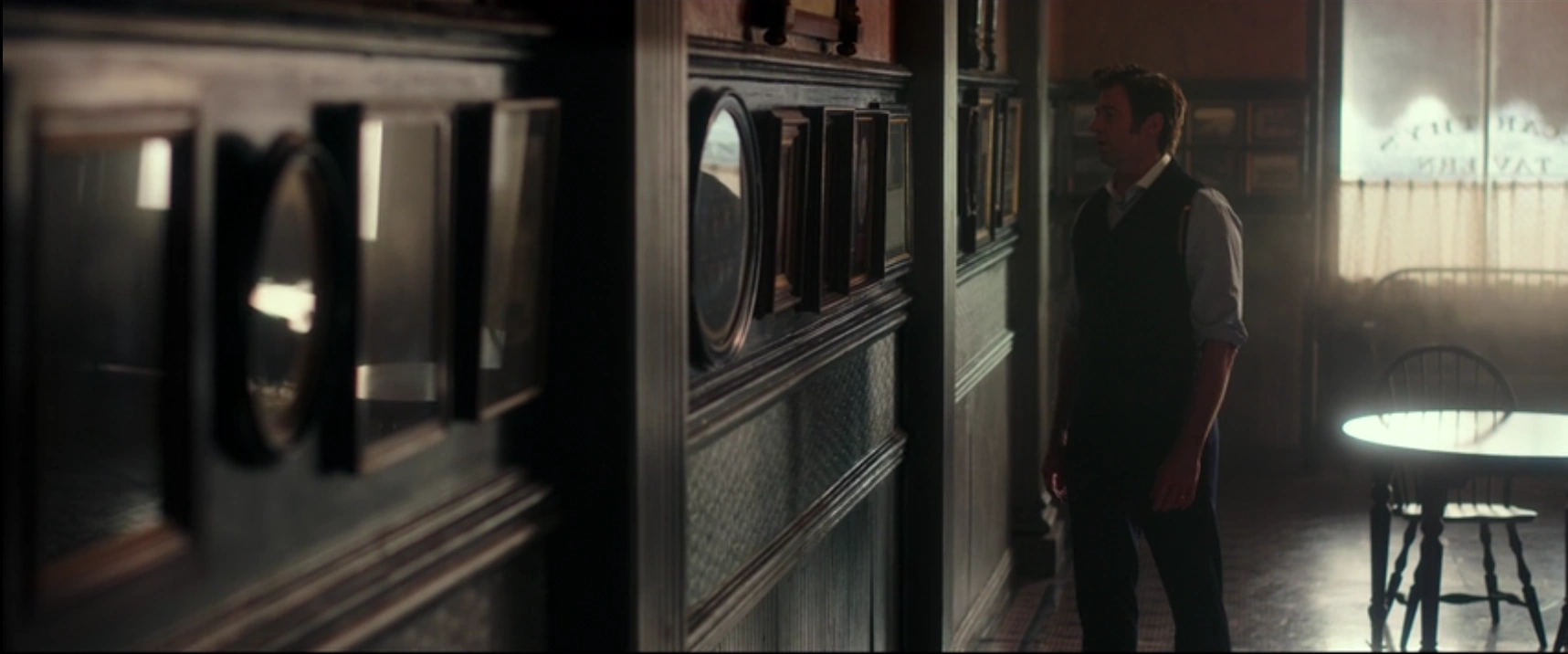Towards the end of The Greatest Showman, P T Barnum
is brought back down to earth with a bump.
He is embroiled in a scandal, as he is pictured being kissed by Jenny
Lind, the Swedish opera singer whose American tour Barnum has managed. And when he returns home, his circus building
burns down. It seems like he has gone
from the top of the world, to losing almost everything. As he says in the song, ‘From now on’,
“I
drank champagne with kings and queens,
Politicians praised my name,
But those were someone else’s
dreams,
The pitfalls of the man I became…”
Barnum realises that he had lost focus, he had gone off
course. And so he resolves:
“From
now on, these eyes will not be blinded by the light.
From now on, what’s waited till
tomorrow starts tonight…”
This all reminds me of a pivotal moment in Matthew’s Gospel,
in the New Testament. Jesus was out with
his disciples once, and they had seen and heard so much from him – stories,
lessons, miracles. So Jesus asks his
disciples, “Who do people say I am?” And
they answer that some think he’s a new Elijah (he was a great prophet in the
Hebrew Bible, who performed miracles and challenged the powerful), or the more
recent ‘incarnation’ of Elijah, John the Baptist – Jesus’ relative and
contemporary, recently killed by Herod the Tetrarch. Others were suggesting Jesus was a Jeremiah
or another great prophet. And then Jesus
asked them, “But who do you say that I am?”
Simon Peter answered, “You are the Messiah [or, Christ], the Son of the living
God” (Matthew 16:15-16). Jesus blesses
Peter for this epiphany. It must have
been a real mountain-top experience – Peter’s realisation, and the group also maybe
realising that Jesus is the one they’d been waiting and hoping for.
But the reason I’m
reminded of this story by that song, ‘From now on’, is what comes next. Straight after that moment of clarity and
perhaps euphoria, Jesus changes the tone entirely:
“From that time on, Jesus
began to show his disciples that he must go to Jerusalem and undergo great suffering
at the hands of the elders and chief priests and scribes, and be killed, and on
the third day be raised…” (Matthew 16:21)
Peter’s bubble was burst, and he then went into denial, an
argument with Jesus (never a good idea): “No, this won’t happen to you!”
Jesus responds in
the strongest possible terms, “Get behind me, Satan!” (Matthew 16:23). In a moment, Peter goes from being blessed by
Jesus, to being cursed. But it’s not the
first time Jesus shooed Satan away.
Quite early in Matthew’s story, Jesus said, “Away with you, Satan!” (Matthew
4:10), in response to a series of temptations he experienced while fasting in the
wilderness. These included the lure of
power, fame and fortune. And that was
not the way. Just as here (Matthew 16:24ff),
Jesus told his disciples that his way is the way of the cross. A way of discipline, of self-denial and sacrifice.
If the disciples had
thought that Jesus was going to be king; lead an uprising to overthrow the
occupying Romans; make himself (and them) rich and famous; be a success by the ‘normal’
standards; then they had sorely misunderstood.
And here, Jesus was fixing their focus – and his – on the cross, a
symbol of humility. Jesus was setting an
example, teaching a lesson, that real life is not about what we get, but what
we give. Jesus lived and died not for
himself, but for the other – and the Other.
On the eve of his crucifixion, Jesus, in anguish, prayed, “… yet not what
I want, but what you want…” (Matthew 26:39).
As Barnum sings, “But
when I stop and see you here, I remember who all this was for…”
The word ‘Christian’
means one who is like Christ. Being a
Christian must never be primarily about one’s one good. It’s not about success, or power, or wealth,
or health even. Sadly, many
interpretations of the Christian faith have misunderstood this. But one of the earliest Christian texts we
have is found in Paul’s letter to the Philippians, where he seems to quote a
hymn of the day to make a point:
“Let
the same mind be in you that was in Christ Jesus,
[hymn starts here] who, though he
was in the form of God,
did not regard equality with God
as something to be exploited,
but emptied himself,
taking the form of a slave,
being born in human likeness.
And being found in human form,
he humbled himself and became
obedient to the point of death – even death on a cross…” (Philippians 2:5-8)
That is the kind of culture we should see in Christianity –
the attitude of Christians and the atmosphere of churches. Not one that say, “me first”; “my way or the
highway”; “our rights and views should be respected and protected (above others’)”;
I could go on, but I’m sure you get the idea.
If those who take the name of Christ do not allow this mindset, of humility,
of self-denial, to permeate them, then they are not worthy of that name.
Let Christians and
Christianity focus on Christ, whose cross is the template for life - from now
on.


No comments:
Post a Comment